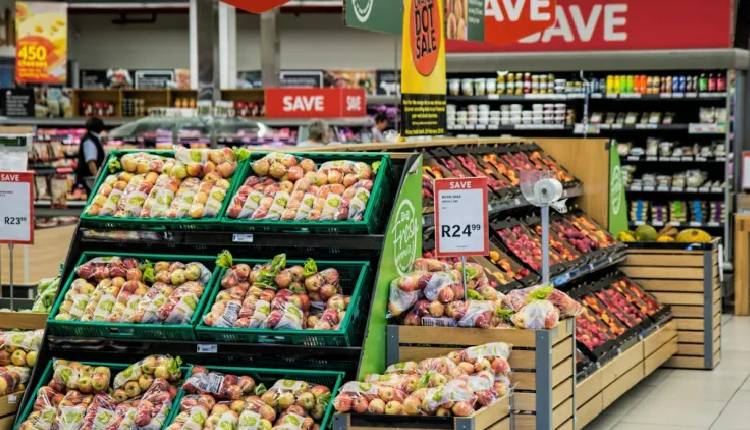UK shop prices fell into deflation in August for the first time in nearly three years, registering a decline of 0.3 per cent, down from a 0.2 per cent increase the previous month.
This is below the 3-month average rate of 0.0 per cent and marks the lowest annual growth rate since October 2021.
Non-food items saw significant deflation at -1.5 per cent in August, an increase from -0.9 per cent in July, falling below the 3-month average of -1.1 per cent. This is the lowest inflation rate for non-food items since July 2021.
Food inflation slowed to 2.0 per cent in August, down from 2.3 per cent in July, and remains below the 3-month average rate of 2.1 per cent. This is the lowest rate since November 2021. Fresh food inflation also eased to 1.0 per cent, down from 1.4 per cent in July, the lowest since October 2021.
Ambient food inflation decelerated to 3.4 per cent, from 3.6 per cent in July, marking the lowest rate since March 2022.
Helen Dickinson, OBE, Chief Executive of the British Retail Consortium (BRC), attributed the deflation to heavy discounting in non-food categories due to poor summer trading conditions and ongoing cost-of-living pressures.
She noted that food inflation has eased, particularly for fresh foods like fruit, meat, and fish.
Mike Watkins, Head of Retailer and Business Insight at NielsenIQ, highlighted that the reduction in shop price inflation was influenced by extensive promotions and price cuts driven by unpredictable weather and the “summer of sport.”
He warned that uncertainty around commodity prices due to climate change and geopolitical tensions could lead to renewed inflationary pressures in the coming year.
Attribution: The British Retail Consortium
Subediting: M. S. Salama


